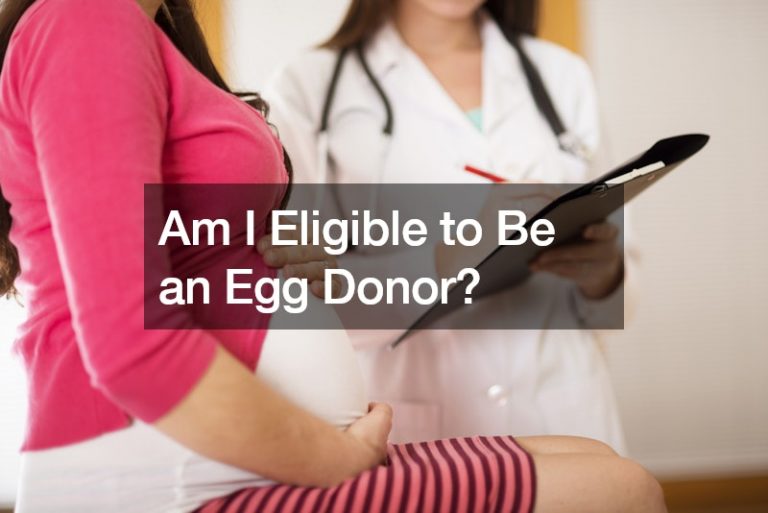Becoming an egg donor is a charitable act that can help persons and couples realize their dream of having a child. However, not everyone is eligible to donate eggs due to specific criteria that guarantee the well-being and safety of both the donor and the recipient.
Egg donation programs typically require donors to be between the ages of 21 and 32, although age limits can differ slightly depending on the fertility clinic or agency. Additionally, donors should be in good physical and mental health, with no significant genetic disorders or chronic illnesses.
Fertility bank is a repository for donated eggs, facilitating the matching process between donors and intended parents. Donors undergo a thorough screening process, including medical exams and psychological evaluations.

How can I become a surrogate mother? While egg donation and surrogacy share similarities, they have distinct requirements and processes. If you’re interested in becoming a surrogate, you’ll need to meet different criteria, such as having previous successful pregnancies and being emotionally prepared for the journey.
Surrogacy cost and compensation for egg donors can vary based on location, agency fees, and medical expenses. While compensation can be a significant benefit, it’s essential to consider all aspects, including the physical and emotional demands of the process.
If you meet these requirements and are committed to helping others, you may have the opportunity to make a meaningful difference in someone’s life through egg donation.

